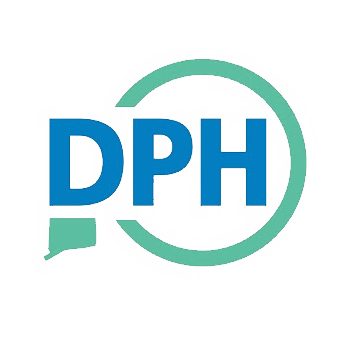Press Releases
03/27/2024
Connecticut Department of Public Health removes consumption advisory for blue crab meat from the Mill River in Fairfield
FOR IMMEDIATE RELEASE: March 27, 2024
CONTACT: Chris Boyle—Director of Communications
(860) 706-9654 – christopher.boyle@ct.gov
HARTFORD, Conn.—The Connecticut Department of Public Health (DPH) today is removing the consumption advisory for blue crab meat caught in the Mill River in Fairfield, Connecticut. DPH is taking this action in close coordination with the Department of Energy and Environmental Protection (DEEP).
“Upon evaluating lead concentrations from blue crab meat sampled in 2022 and reported in October 2023 from impacted areas of the Mill River using DPH’s recently updated safe consumption limit, DPH is removing the previous ‘Do Not Eat’ consumption advisory for blue crab meat,” said DPH Commissioner Manisha Juthani, MD. “DPH’s updated safe consumption limit for lead is protective of the general population as well as sensitive groups, which includes pregnant women, women planning on becoming pregnant, nursing women and children under 6 years old. However, it also is important to note that there is a pre-existing statewide advisory in place for all freshwater finfish and shellfish caught in Connecticut because of mercury contamination. Sensitive groups should limit their consumption to no more than one meal per month. For all other groups, the advice is to limit consumption to no more than one meal per week of freshwater finfish and shellfish. This statewide advisory does not apply to sunfish or trout as there are no consumption limits for these fish species, unless otherwise noted.”
Lastly, because lead levels in the green organ of the blue crab called the tomalley exceed the updated safe consumption limit, DPH recommends that when people are eating blue crabs from the Mill River, they avoid eating the tomalley.
“A ‘Do Not Eat,’ advisory had been in place for blue crabs from the Mill River since the early 2000s due to lead levels from industrial activity from the Former Exide Battery Manufacturing Company,” said DEEP Commissioner Katie Dykes. “The former Exide site and the adjacent Mill River sediment had undergone extensive testing and evaluation to determine the degree and extent of lead pollution. The cleanup of the site and removal of roughly 30,000 cubic yards of lead-impacted sediment from the river has helped reduce the levels of lead in the blue crab that reside in the river.”
Additional information on DPH fish consumption advisories can be found at: https://portal.ct.gov/fish or by calling a DPH staff person at 1-877-458-FISH (3474).
-30-

